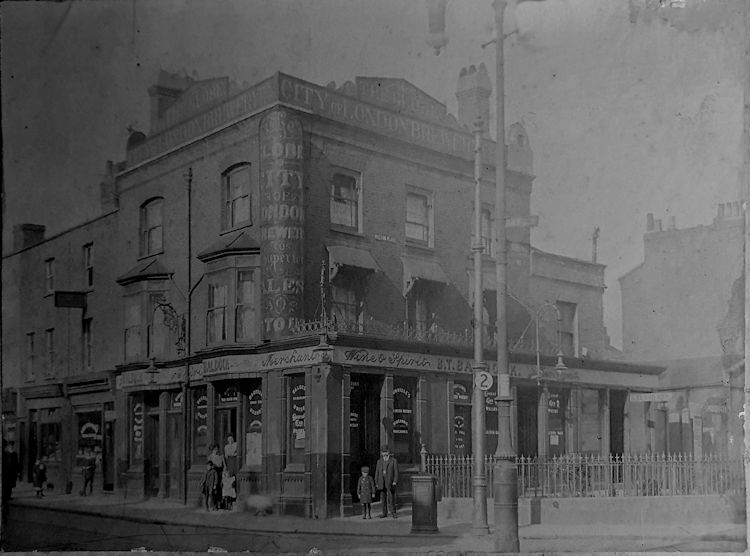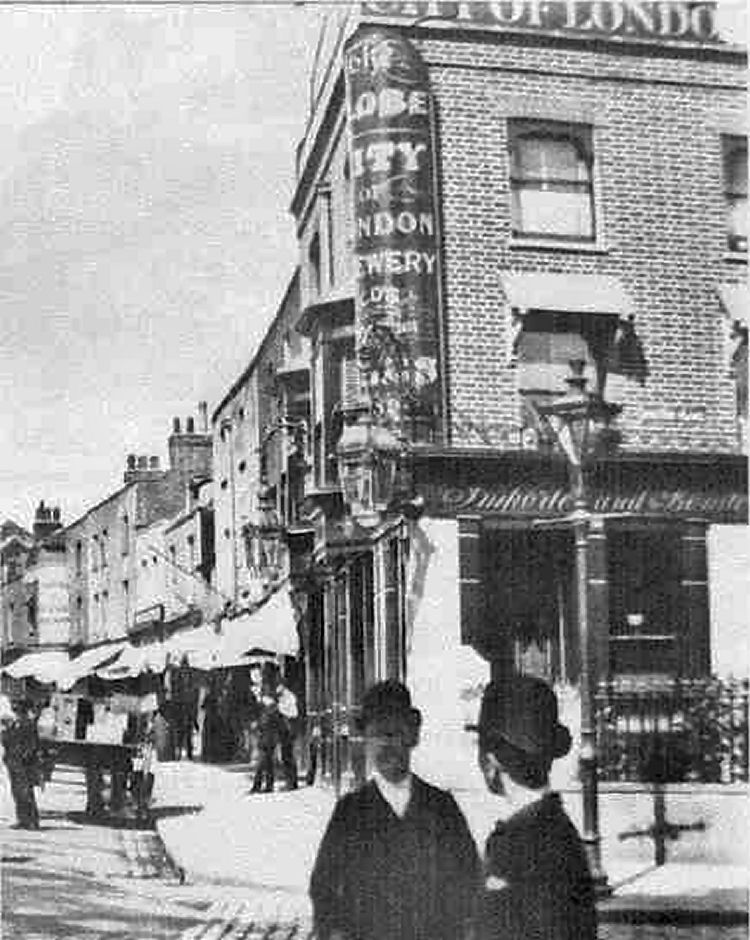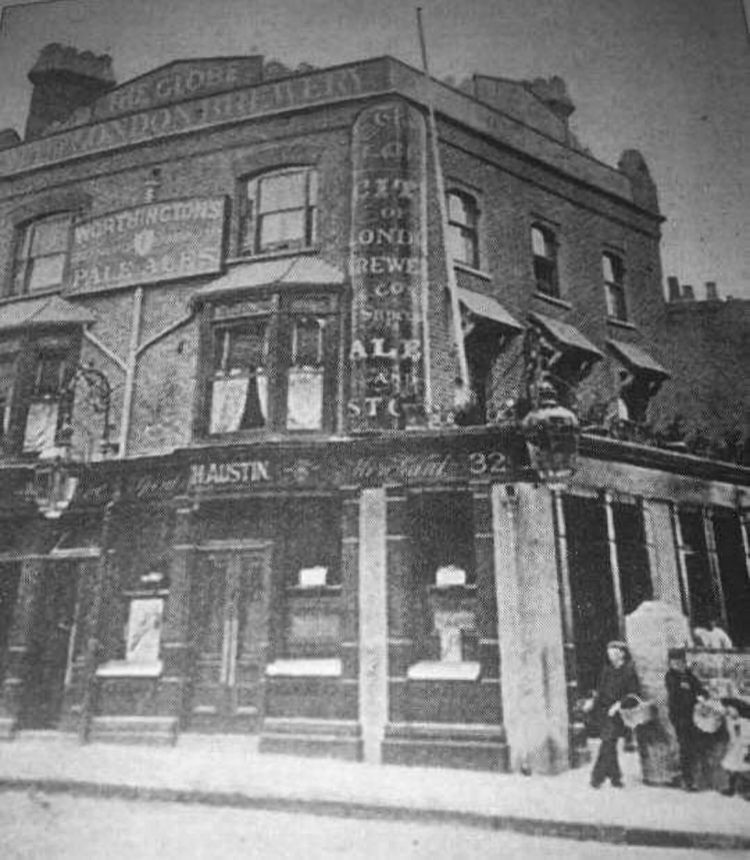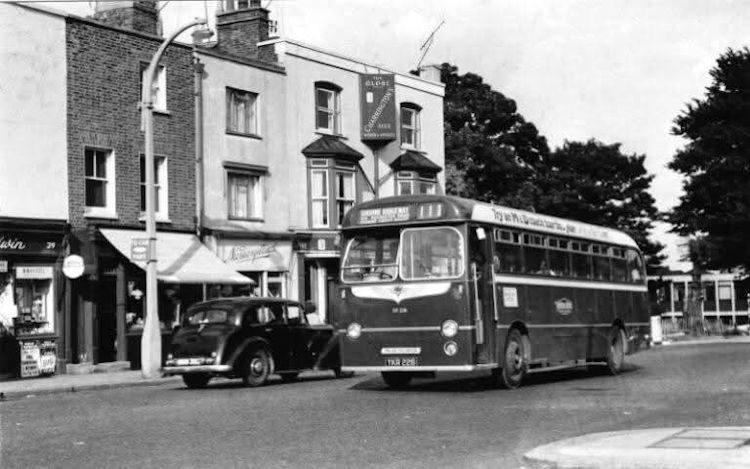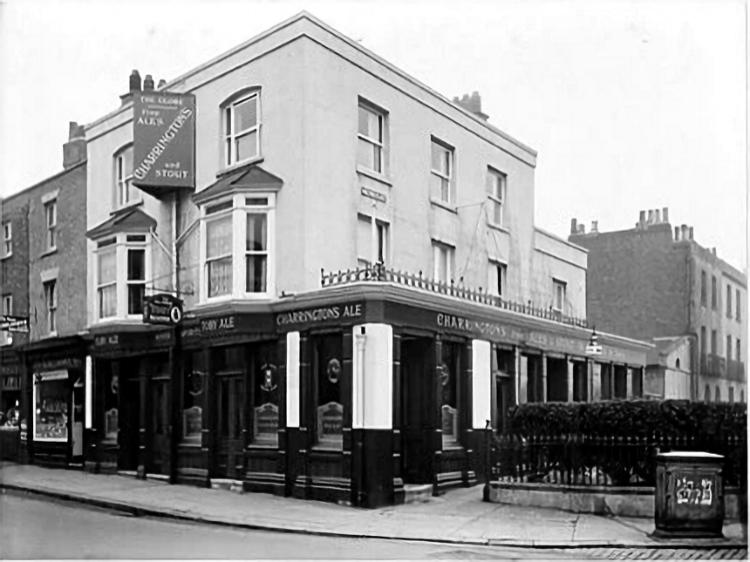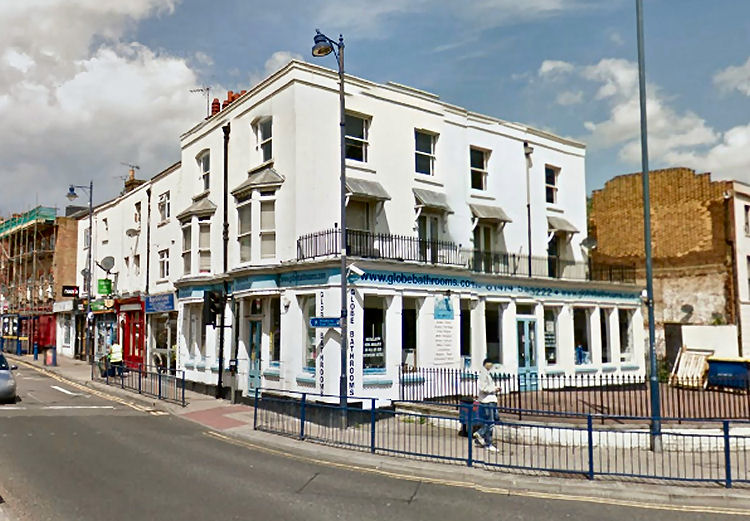|
From the South Eastern Gazette, Tuesday 14 April, 1846.
GRAVESEND PETTY SESSIONS.
Anne Wilkinson, a woman about 45 years of age, was charged with
breaking, on the previous night, a square of glass in one of the windows
of the "Globe Tavern," Milton Road. Mr. Lott, of the "Globe," was about
to prove the charge, when the defendant stopped him by admitting the
wilful commission of the offence. To the Mayor's demand why he had done
so the defendant, in a deliberate but energetic tone, and in a state of
expression and manner that indicated a superior early education, replied
that she had walked thirty miles on the previous day without relief or
refreshment. On arriving in Gravesend she implored of several
housekeepers in the town to give her a night's lodging, and she had been
refused - that she at length, observing the complainant's house to be of
one of entertainment for travellers, asked him for a lodging for the
night, and he also refused both lodging and a morsel of refreshment -
that not having one penny to procure any food, she saw no resource for
her but a prison, and that to be taken there she had broken the window.
Mr. Oakes:- If you were in a state of destitution you describe, why not
go and ask for relief at the workhouse?
Defendant:- I will not deceive you gentleman, I have been in many
workhouses, and in every gaol in the kingdom, and I prefer, infinitely,
the gaols to the workhouses.
Mr. Oaks:- Why?
Defendant:- Because the society in a gaol is better - far better - bad
though it is, than that of a workhouse; besides, in a gaol I had
shelter, abundance, and protection, and then I could make myself useful.
In a workhouse I was ill-fed, ill-treated, and useless alike to myself
and others, and compelled to associate with worse and lower characters
than are to be found in a gaol, where such associations are not
permitted.
In reply to the Mayor, the defendant said that she was a native of Thame,
in Oxfordshire; that her father had been a teacher of languages, and
that she herself an embroiderer; that some years since, in consequence
of inability to get employment, she left her native place, and had been
at various times in great destitution, and was sent to several
workhouses, but found them invariably the same abodes of vice and
misery, and that in the course of the last six years she had succeeded
in procuring shelter, abundance, and good treatment in every gaol in
England, except that of Maidstone, to which she was now desired to be
sent. The last she had been as was Coldbath Fields, and she felt bound
to say that the prison was, in her opinion, the best regulated of any of
those she had occasionally resided in. The Mayor, after some
consultation with his brother magistrates, asked her whether, if she had
the means, she would go back to her native place. To this she replied
that she would much prefer going to Maidstone gaol; that if she should
go back, she could get no employment, and to avoid the contagious,
impure, and demoralising society of a workhouse, she should commit an
offence to be sent again to gaol. She therefore begged of the
magistrates to send her to Maidstone; to London she did not wish to
return at present, as she had been in every prison in the metropolis,
and she wished to try if Maidstone gaol was as well regulated.
The Mayor told her that she appeared to have a propensity for prison
discipline, and as she objected to go to her native place or to London,
the Magistrates would commit her for one month to Maidstone gaol.
Defendant, in a tone of disappointment, "One month - far too short a
time - but still I thank you, gentlemen." Turning to leave the Court in
custody, she exultingly exclaimed, "I'll die at least in a gaol and not
in a workhouse."
|
